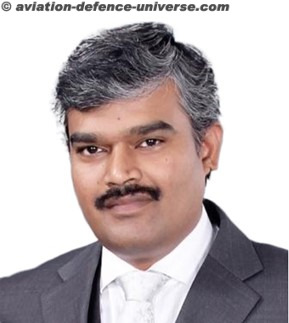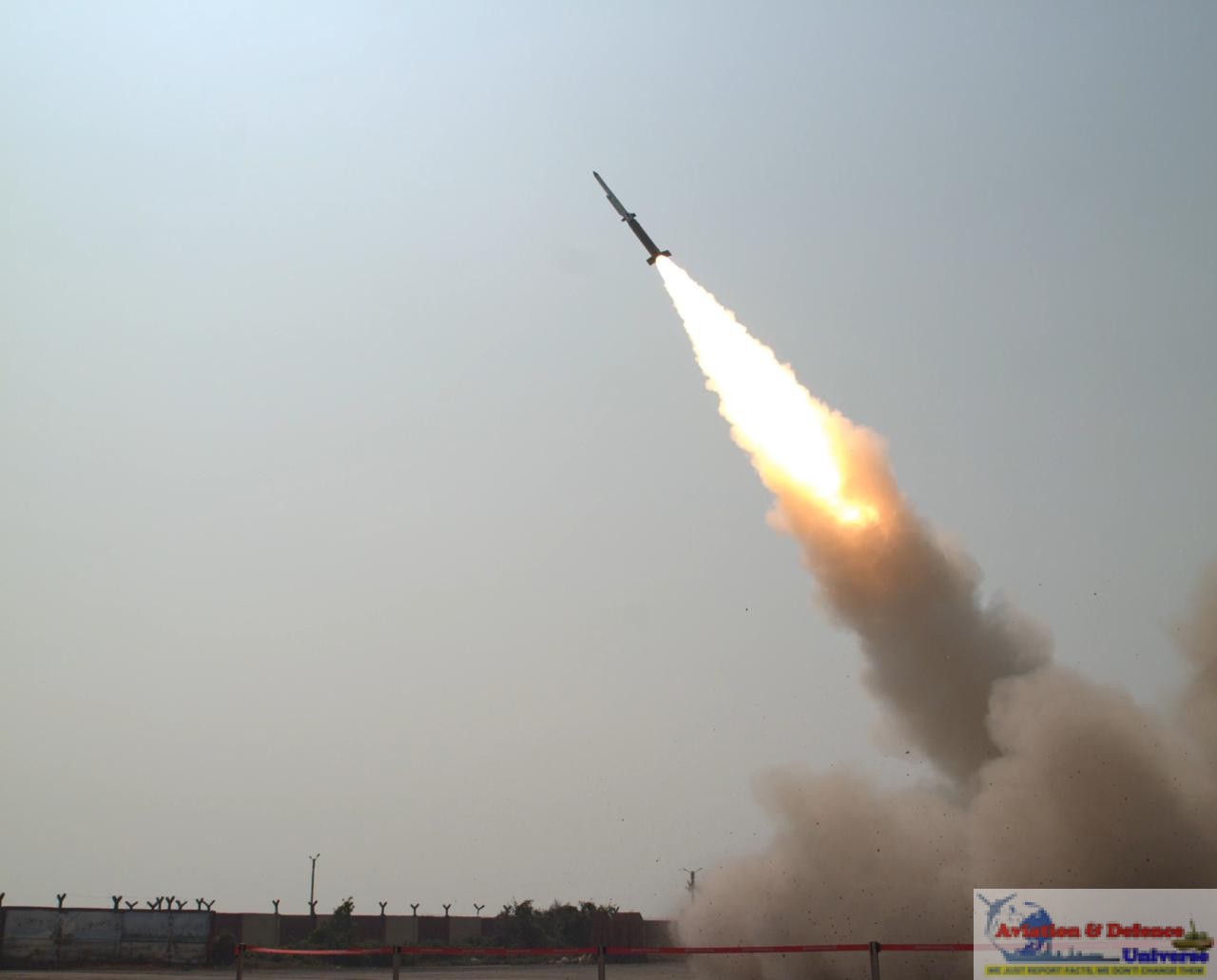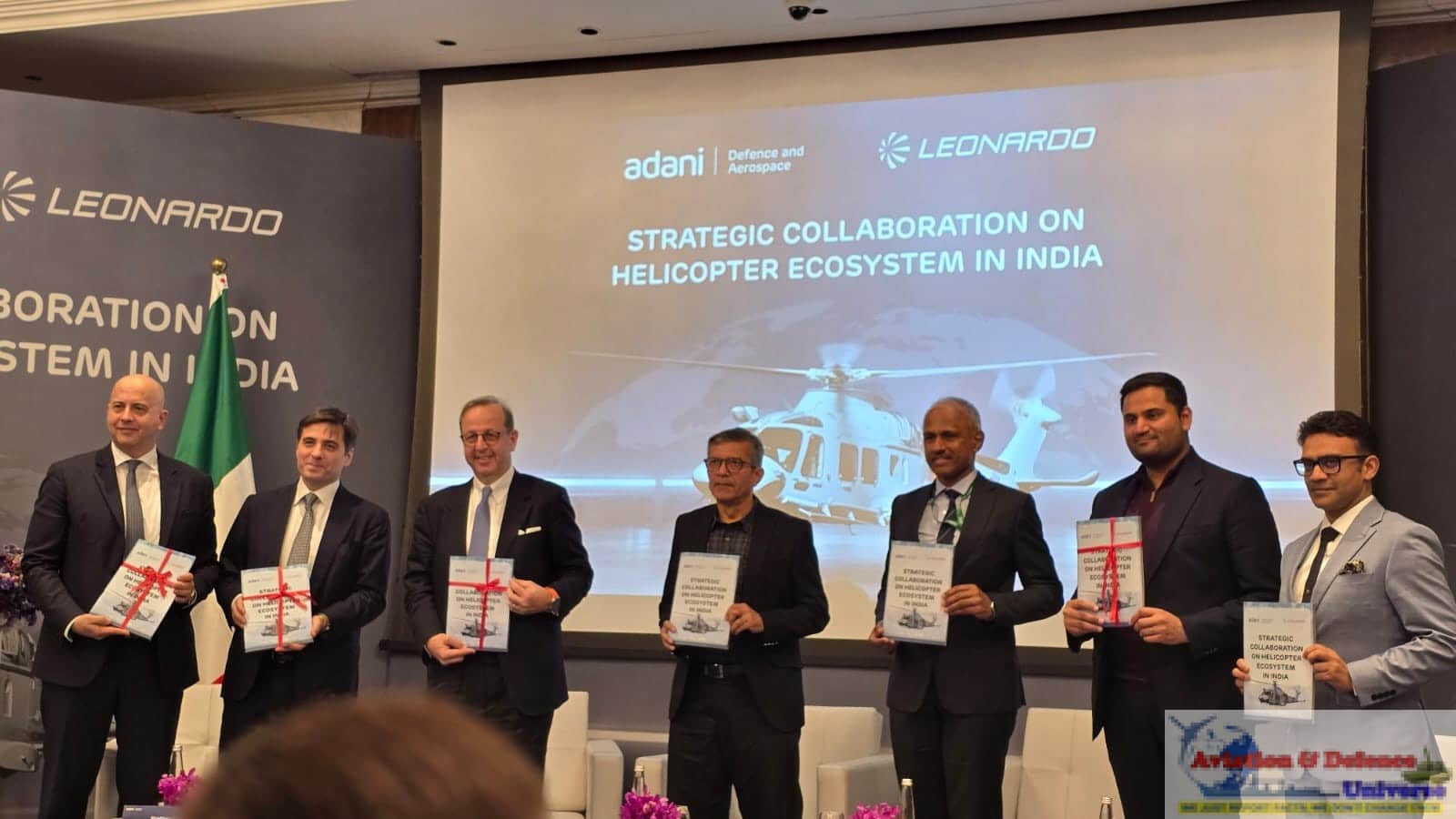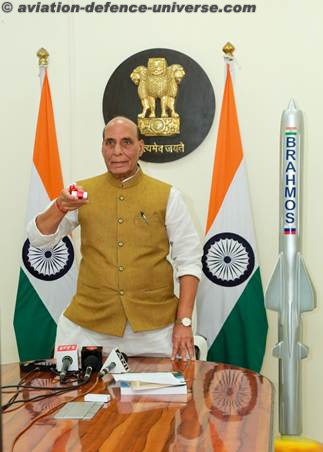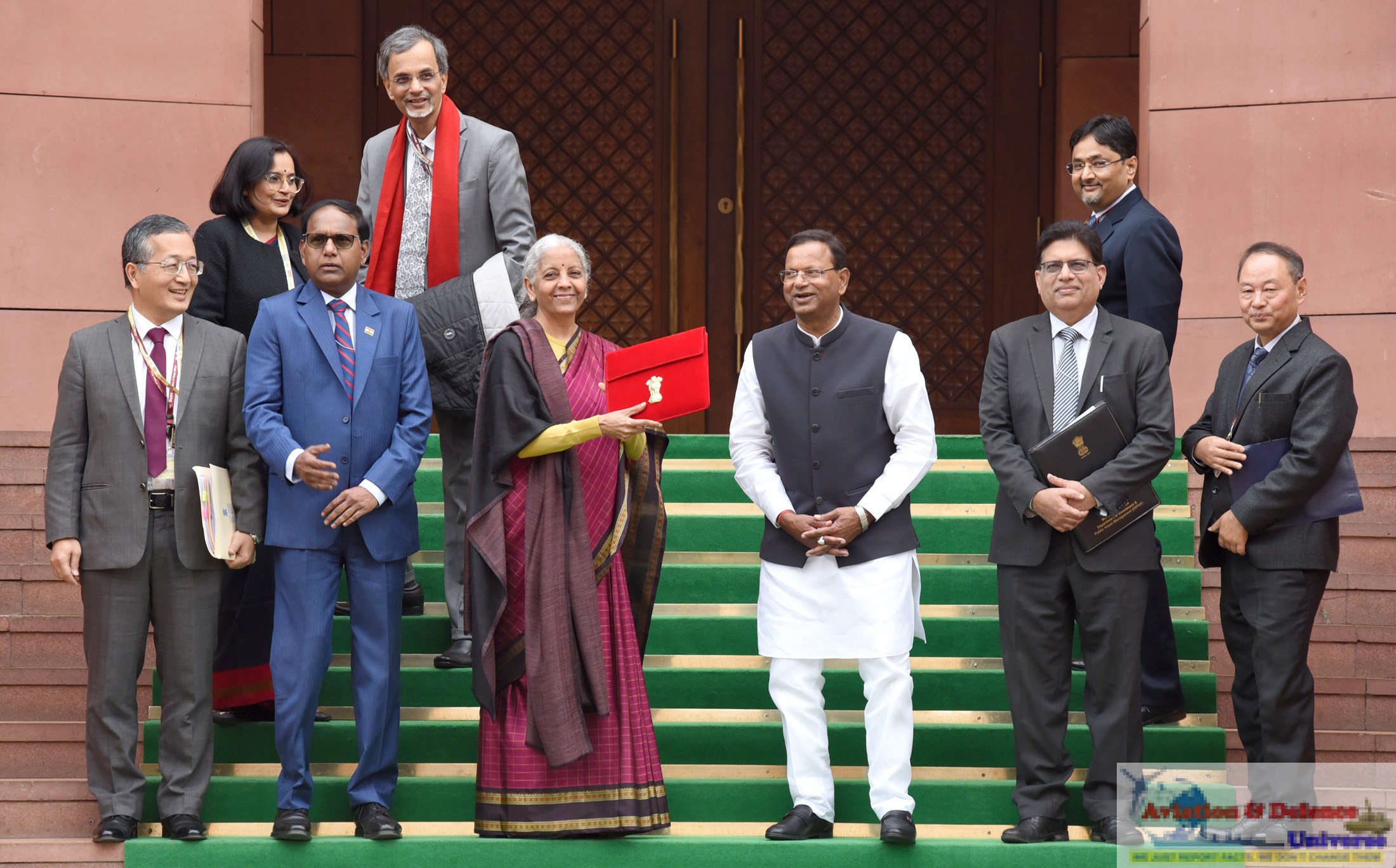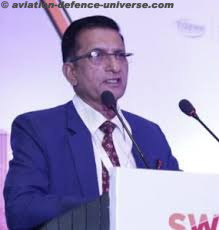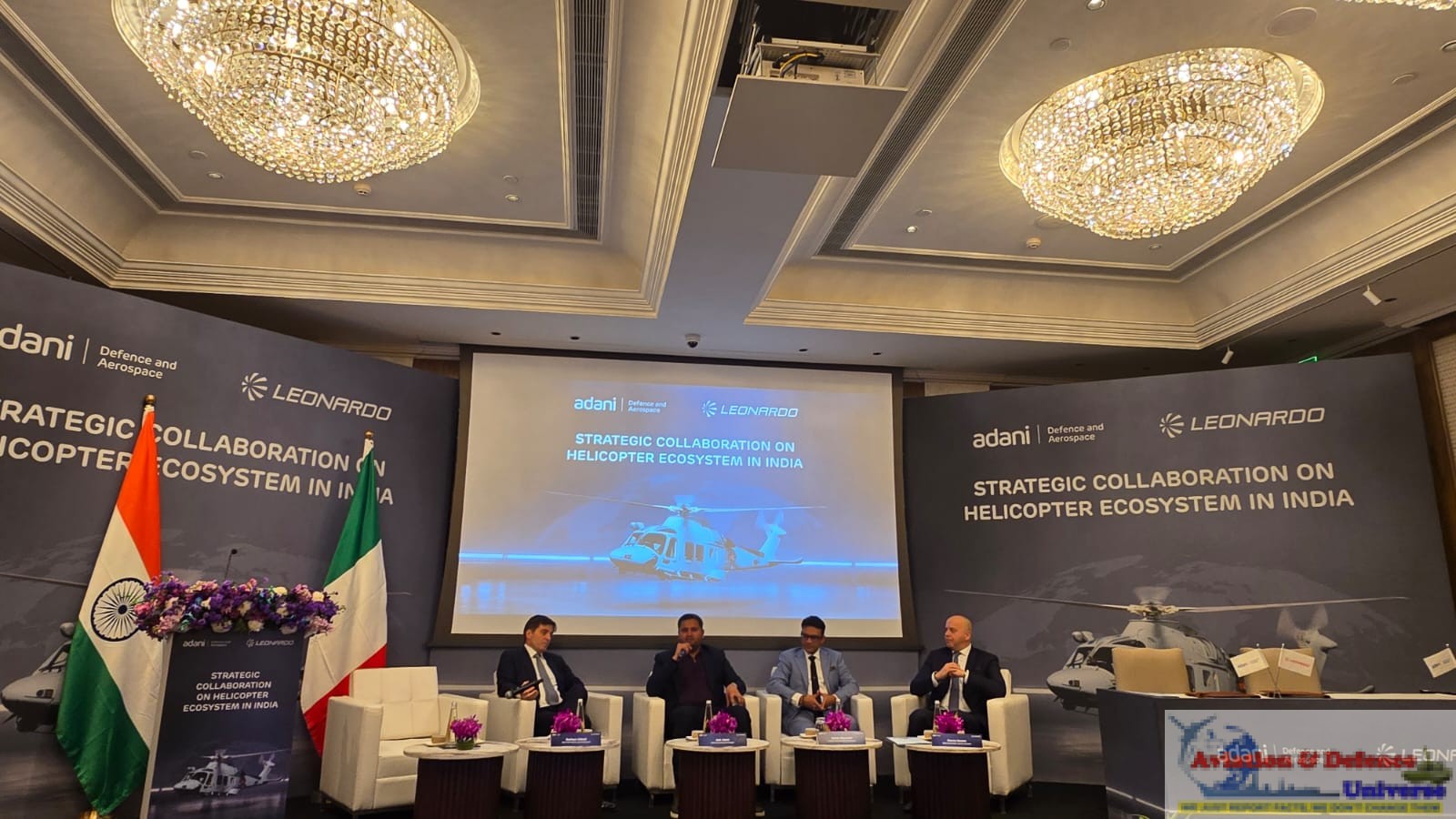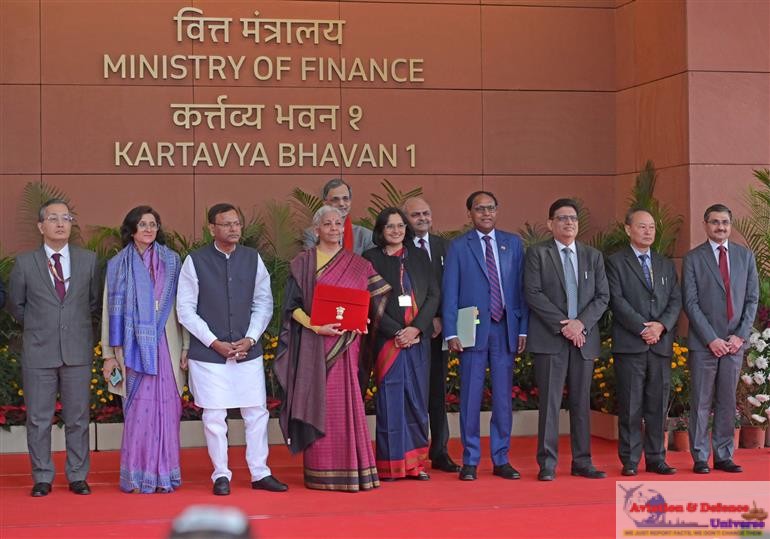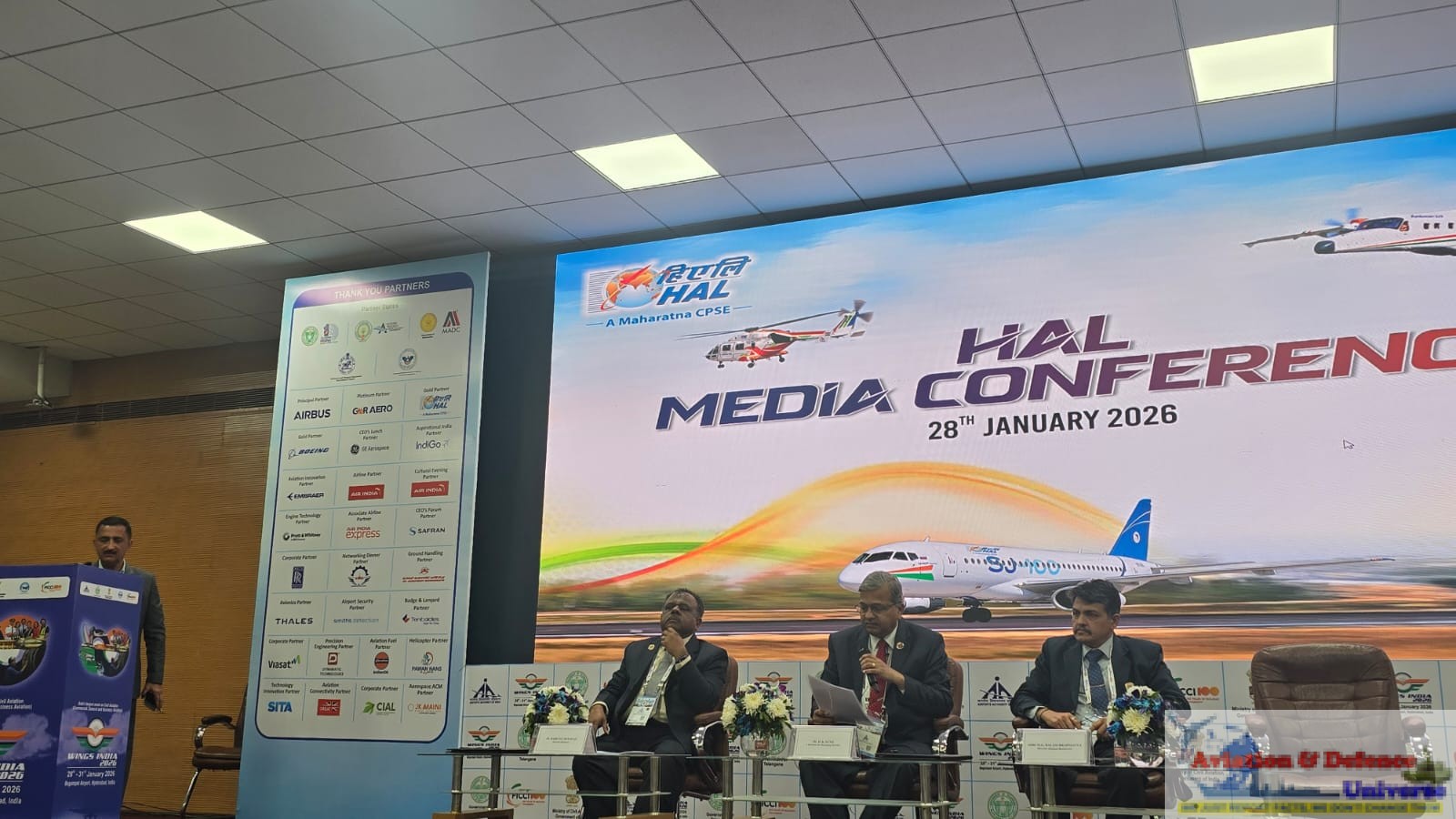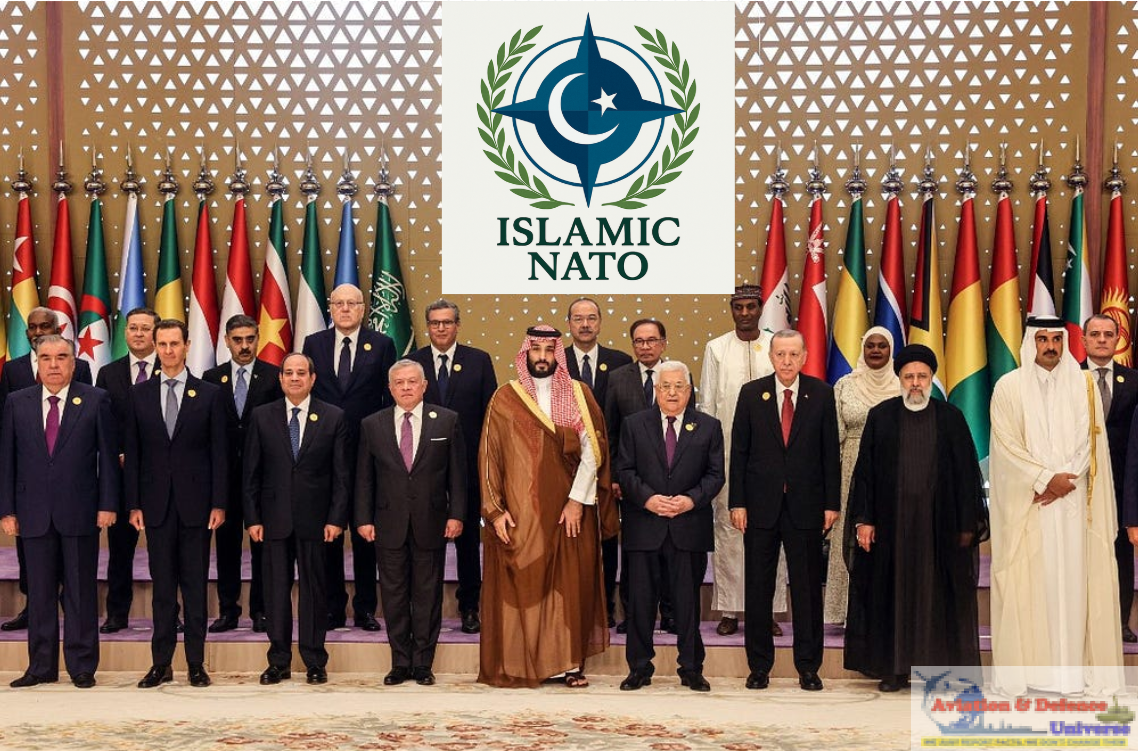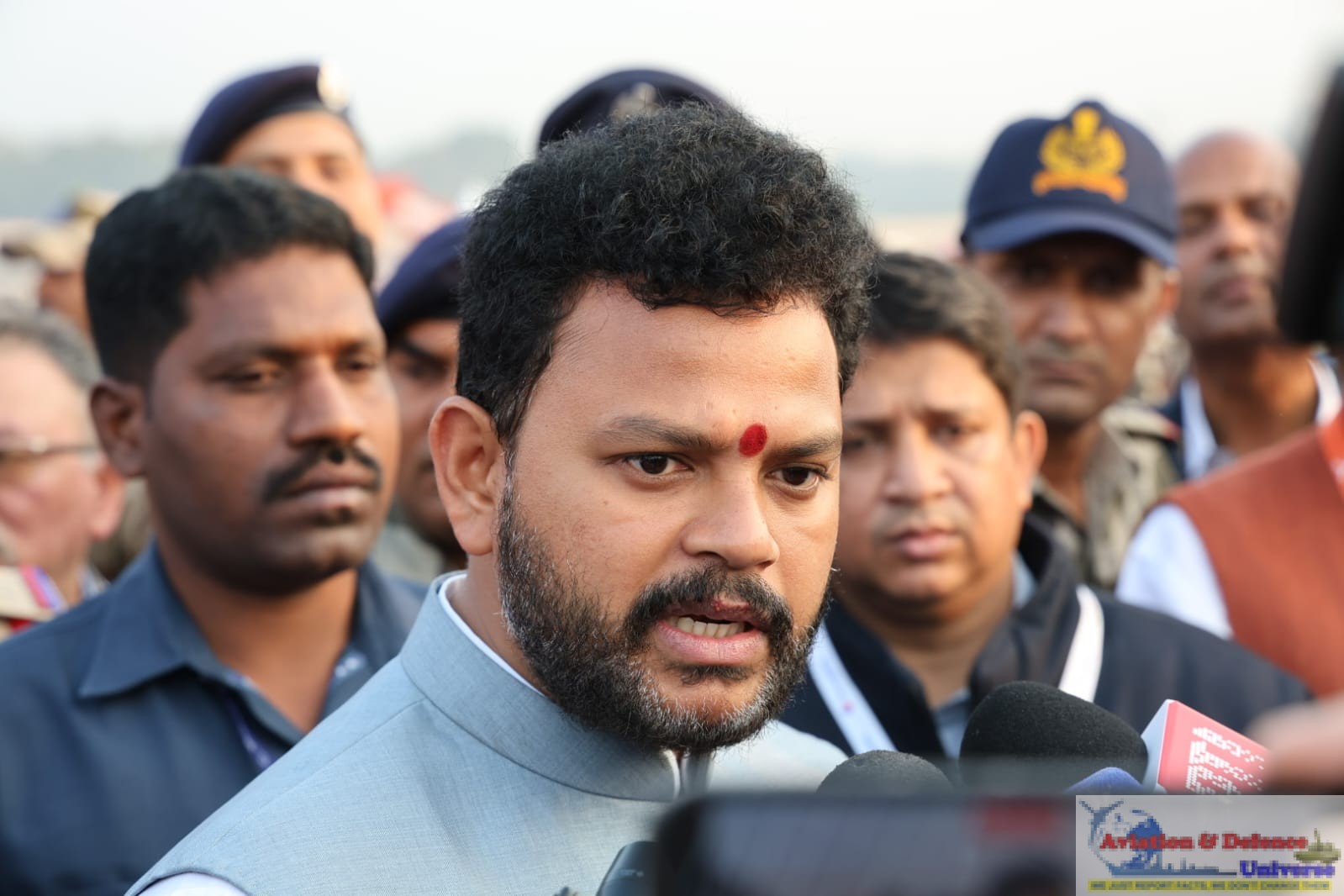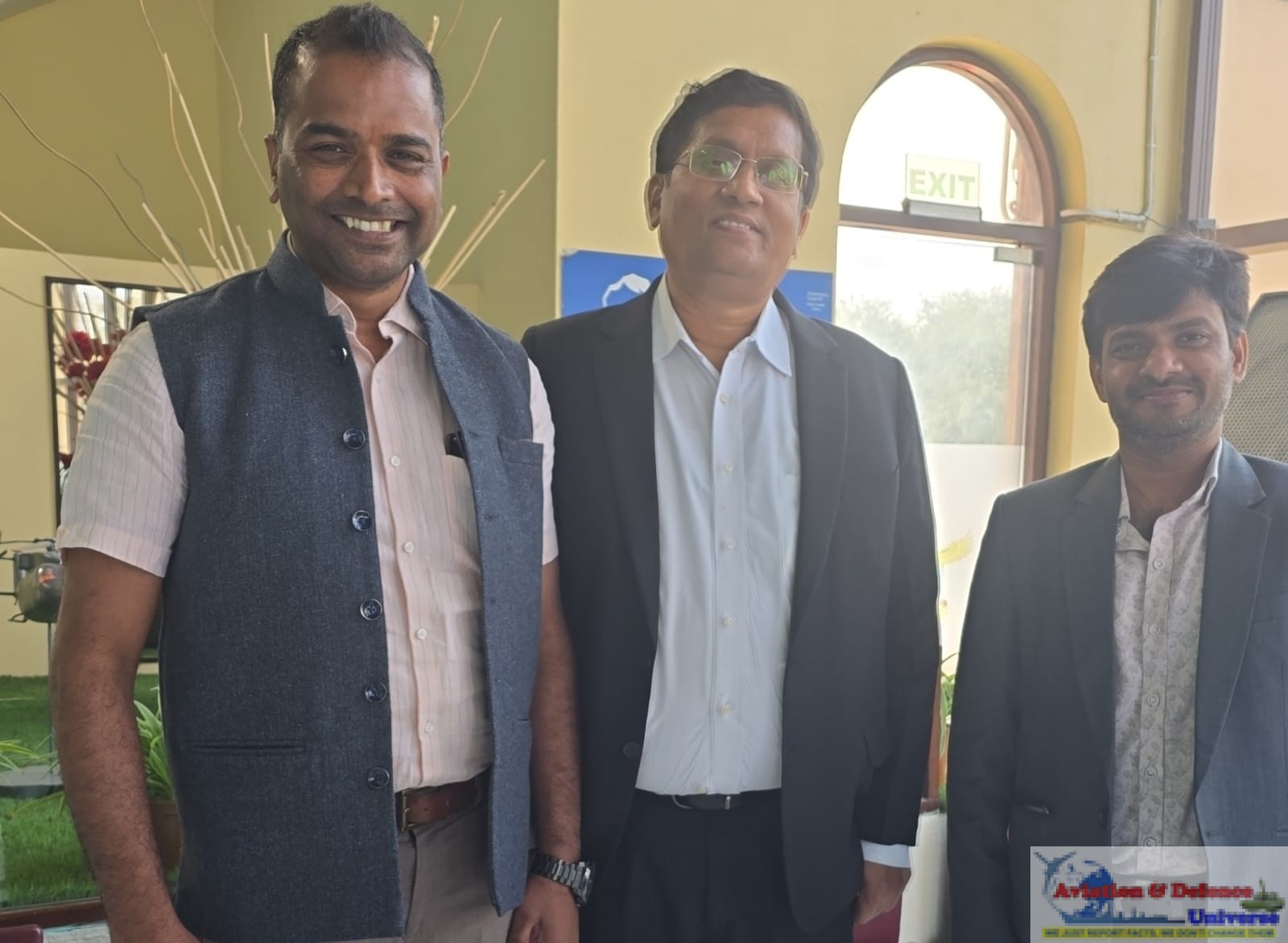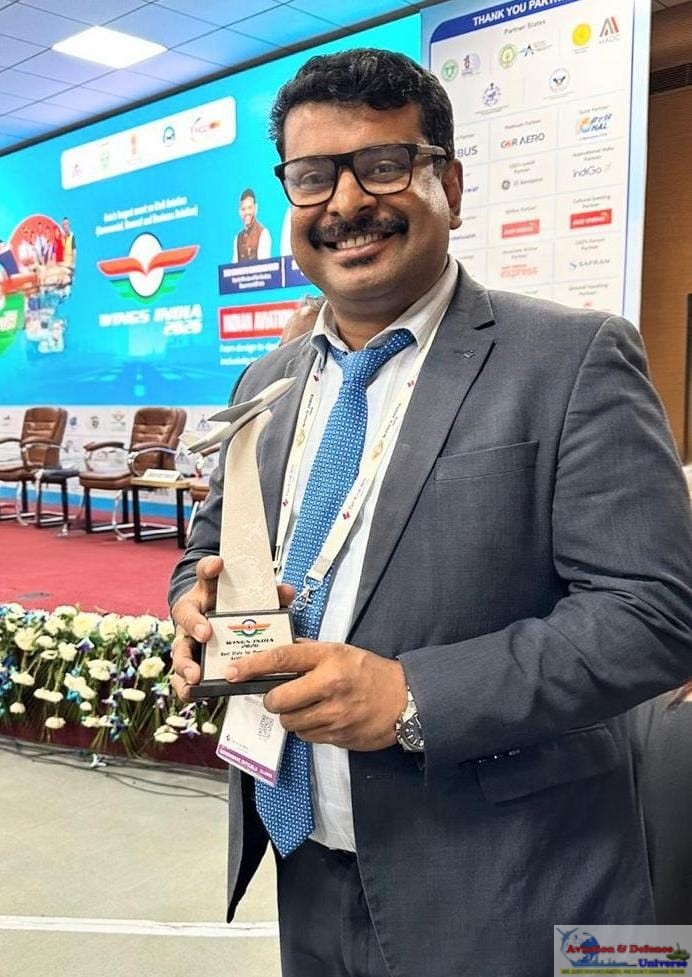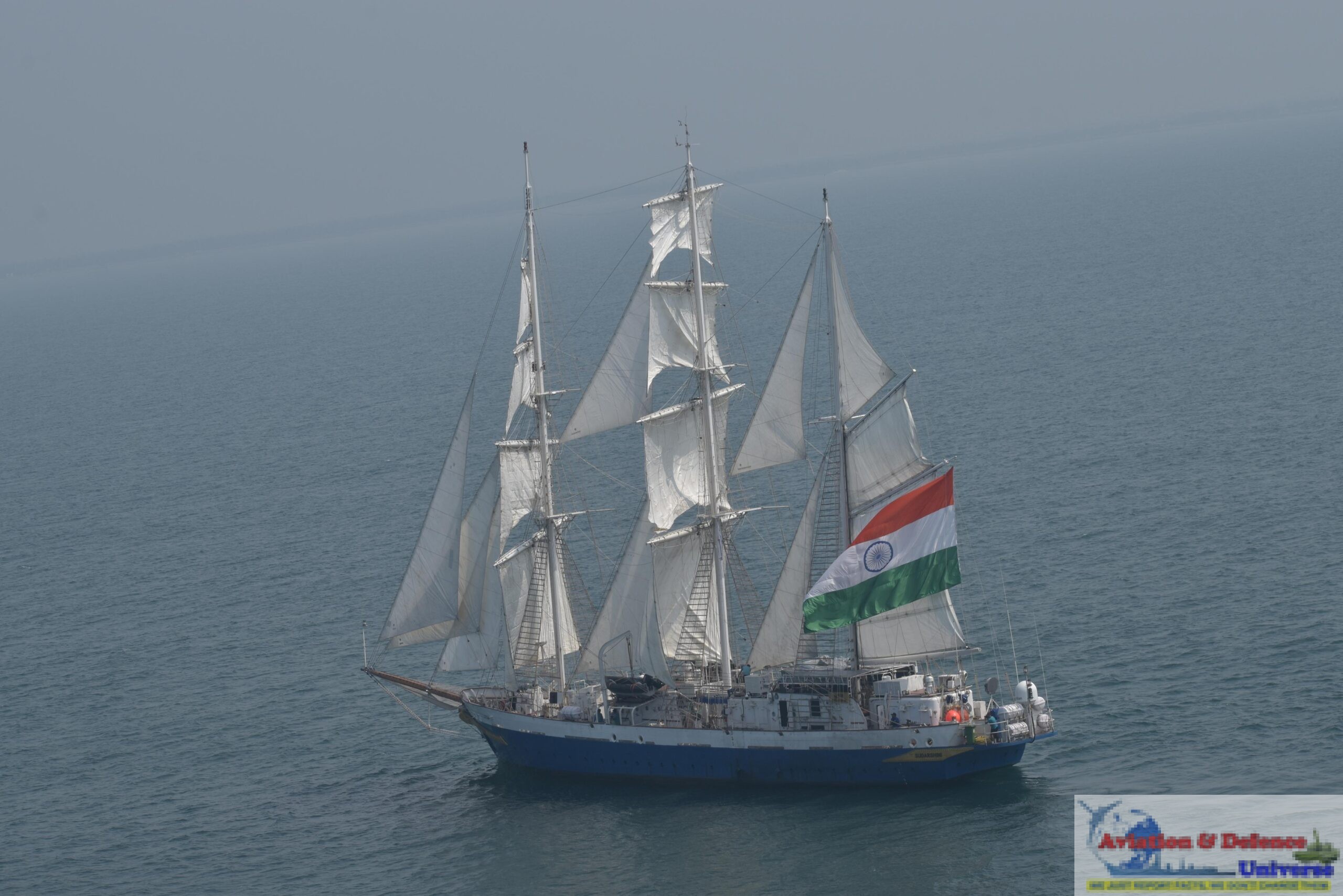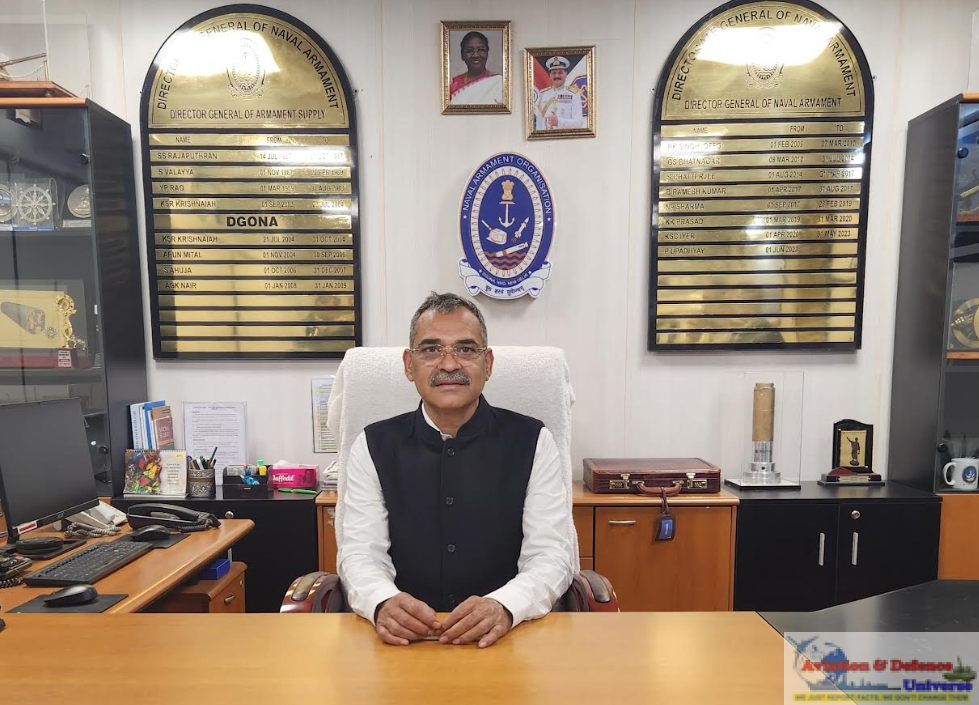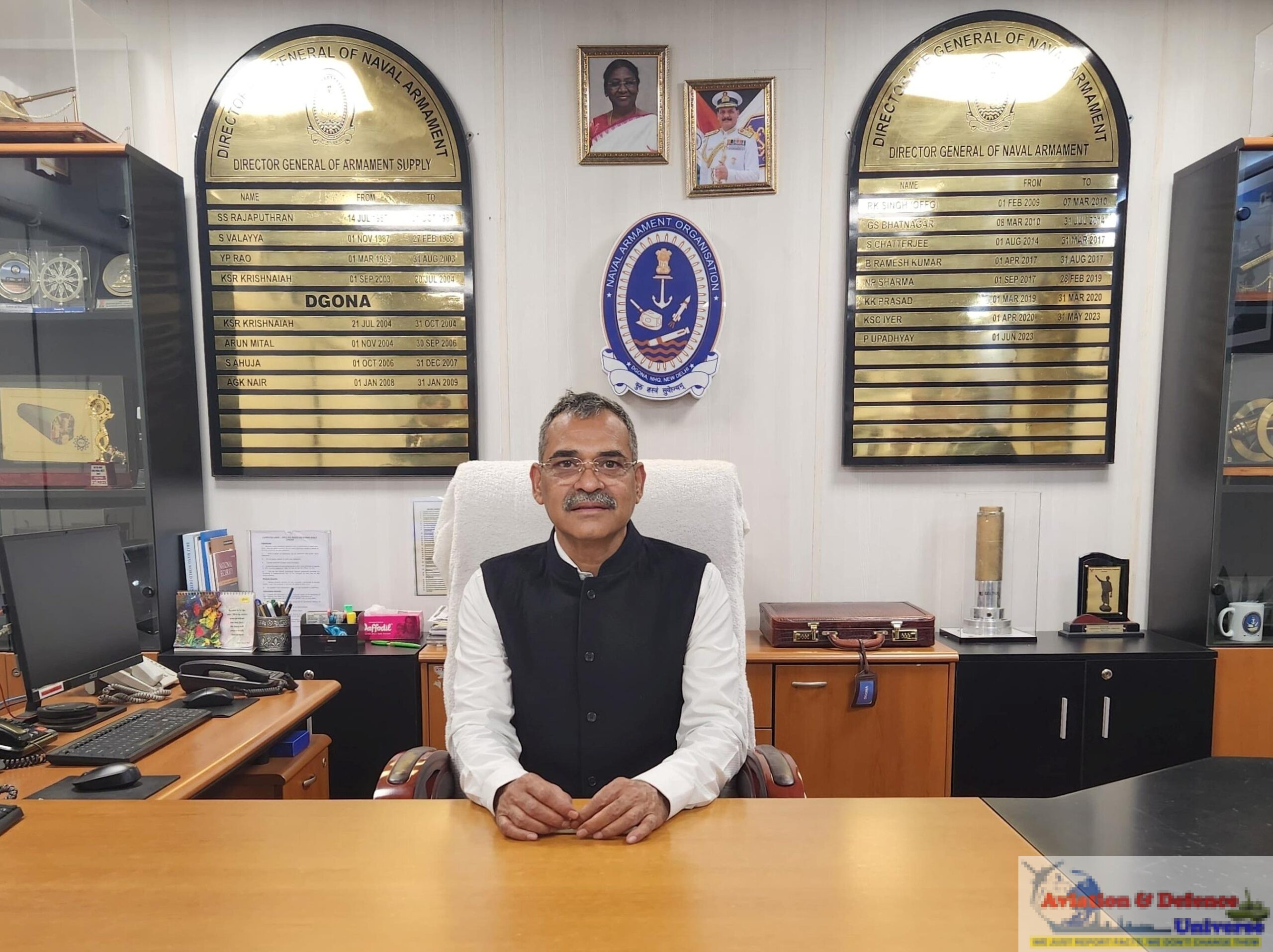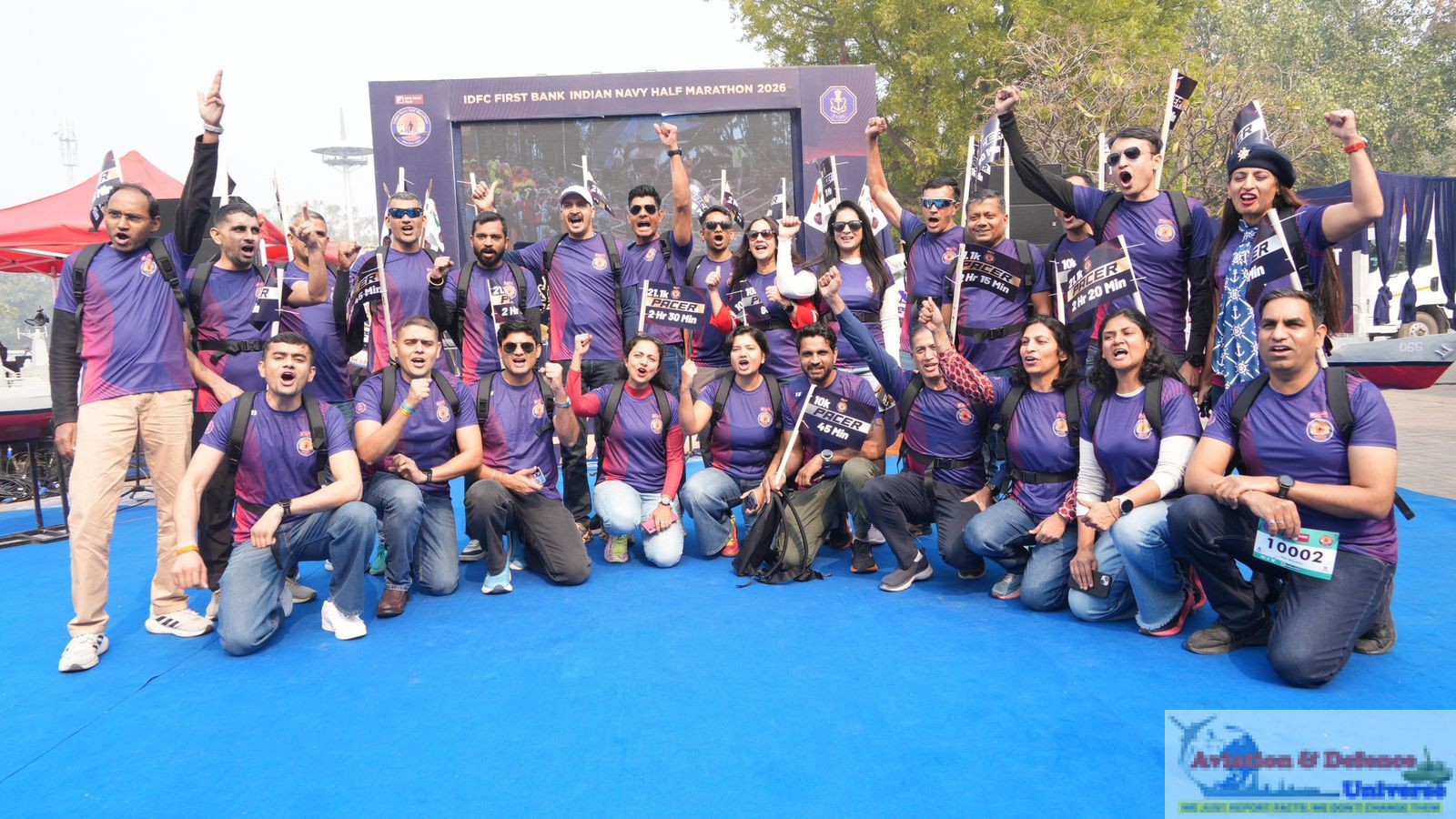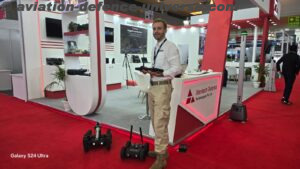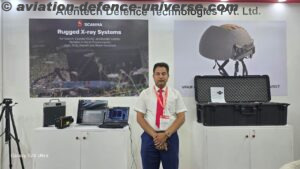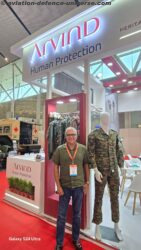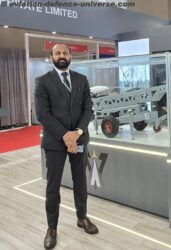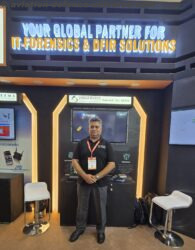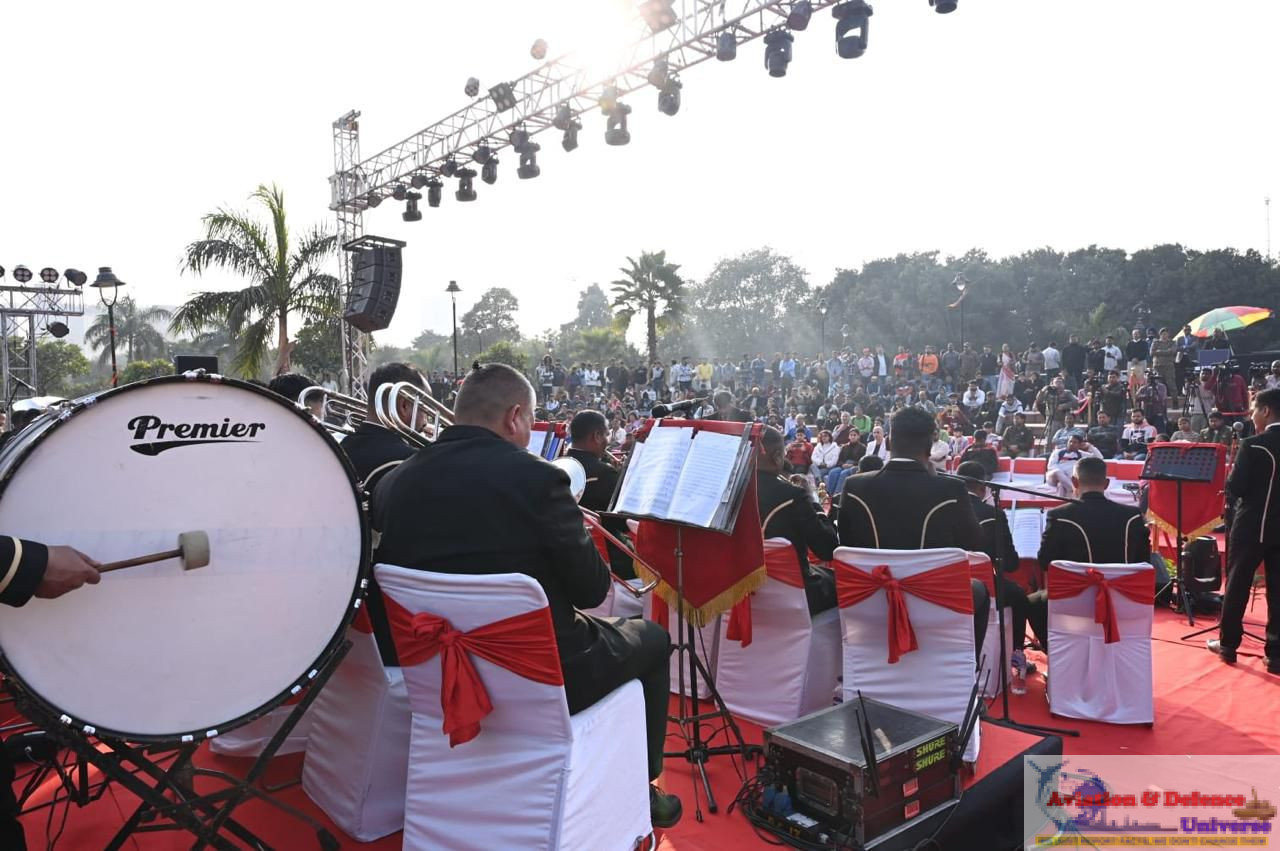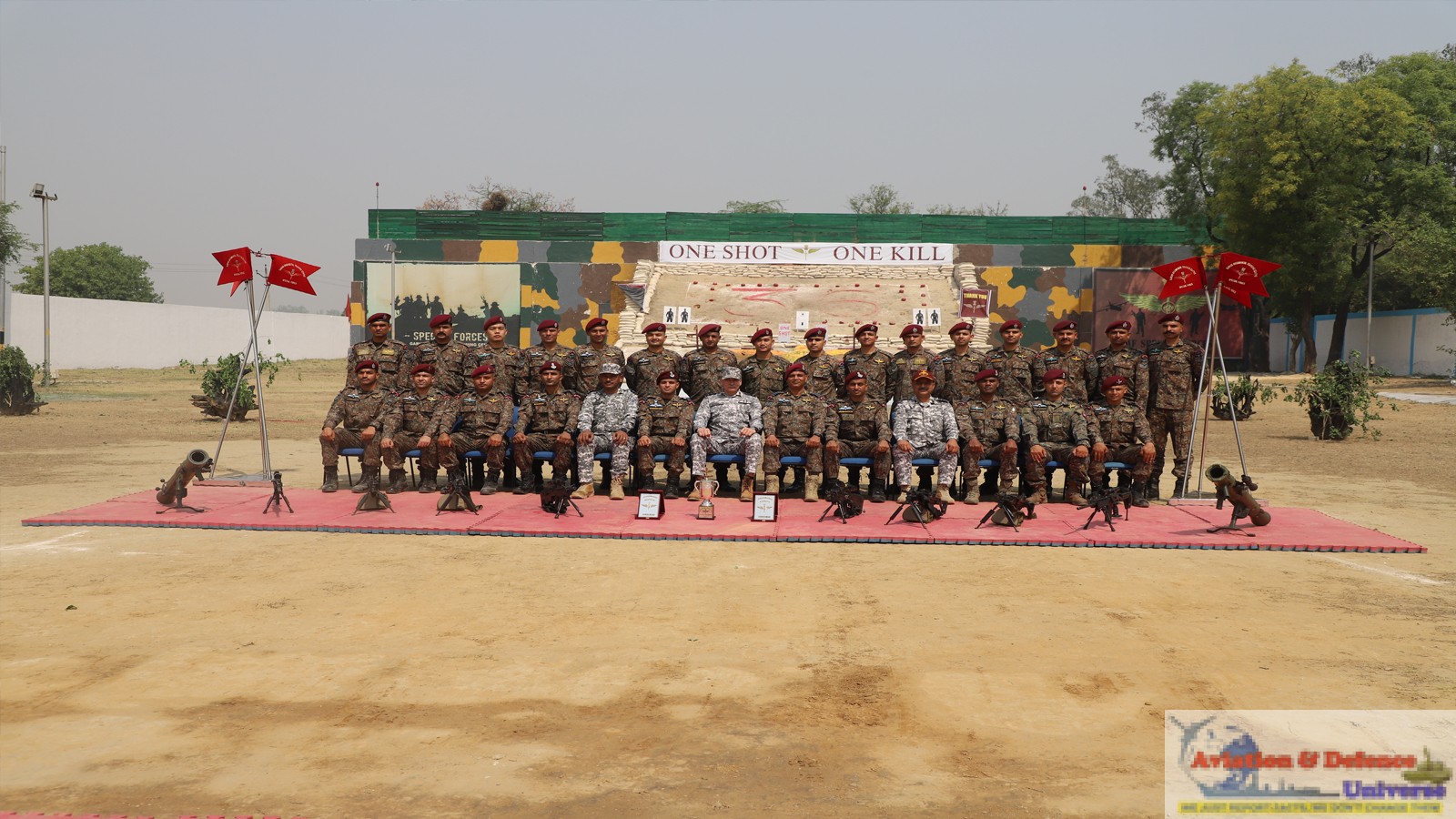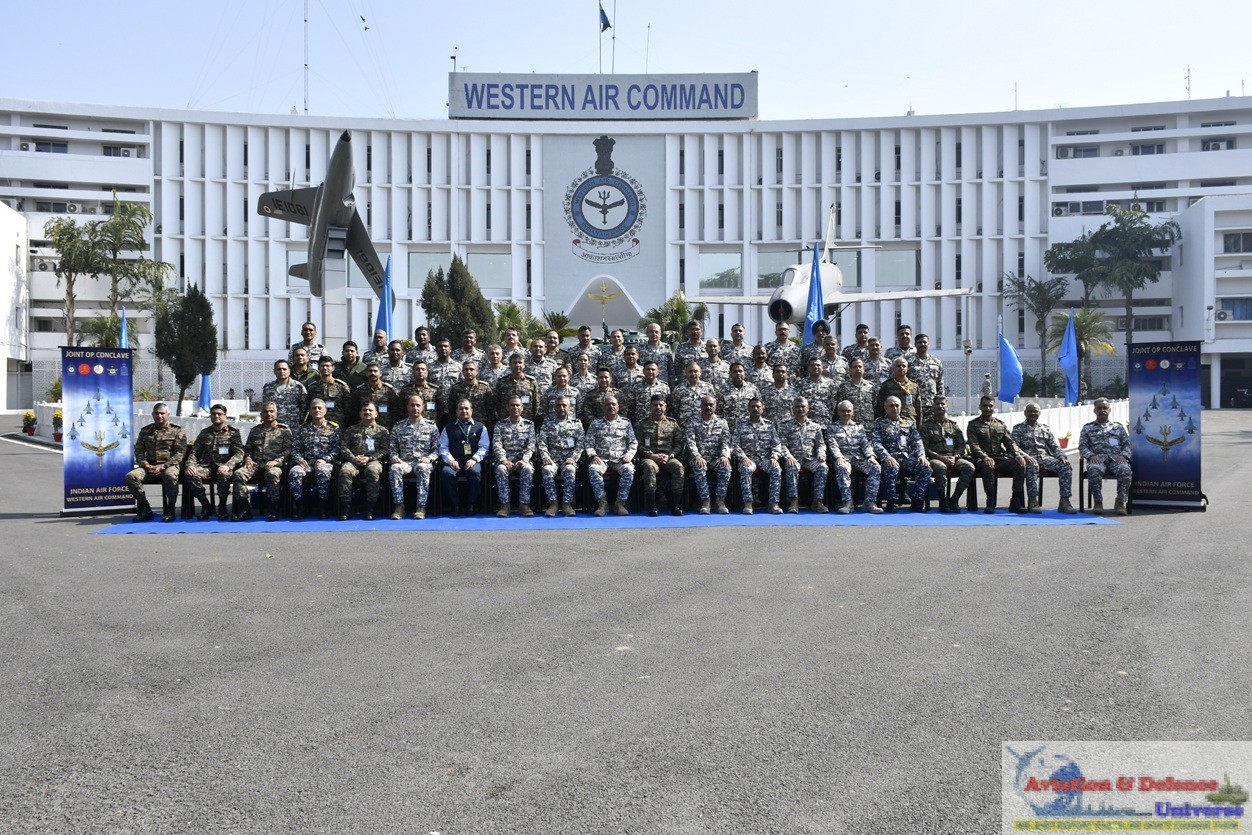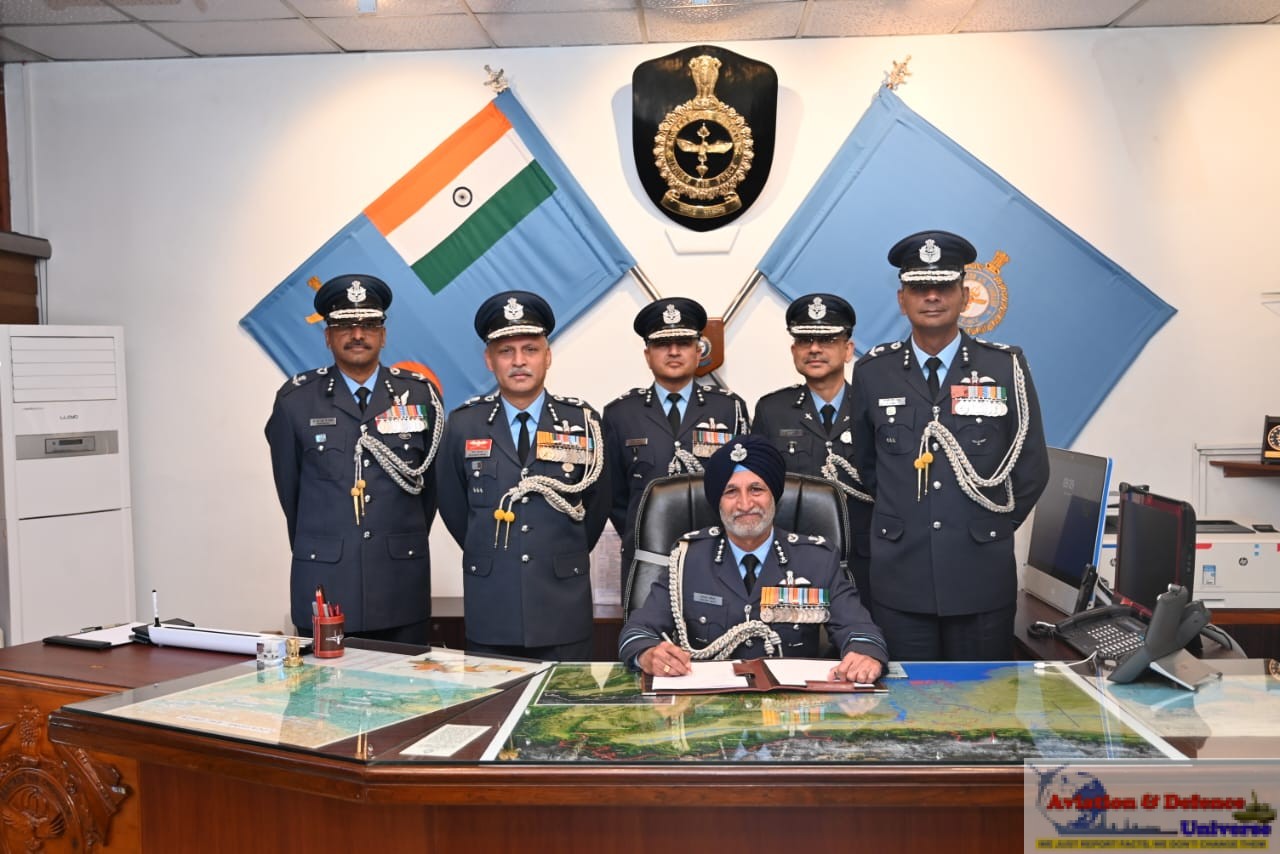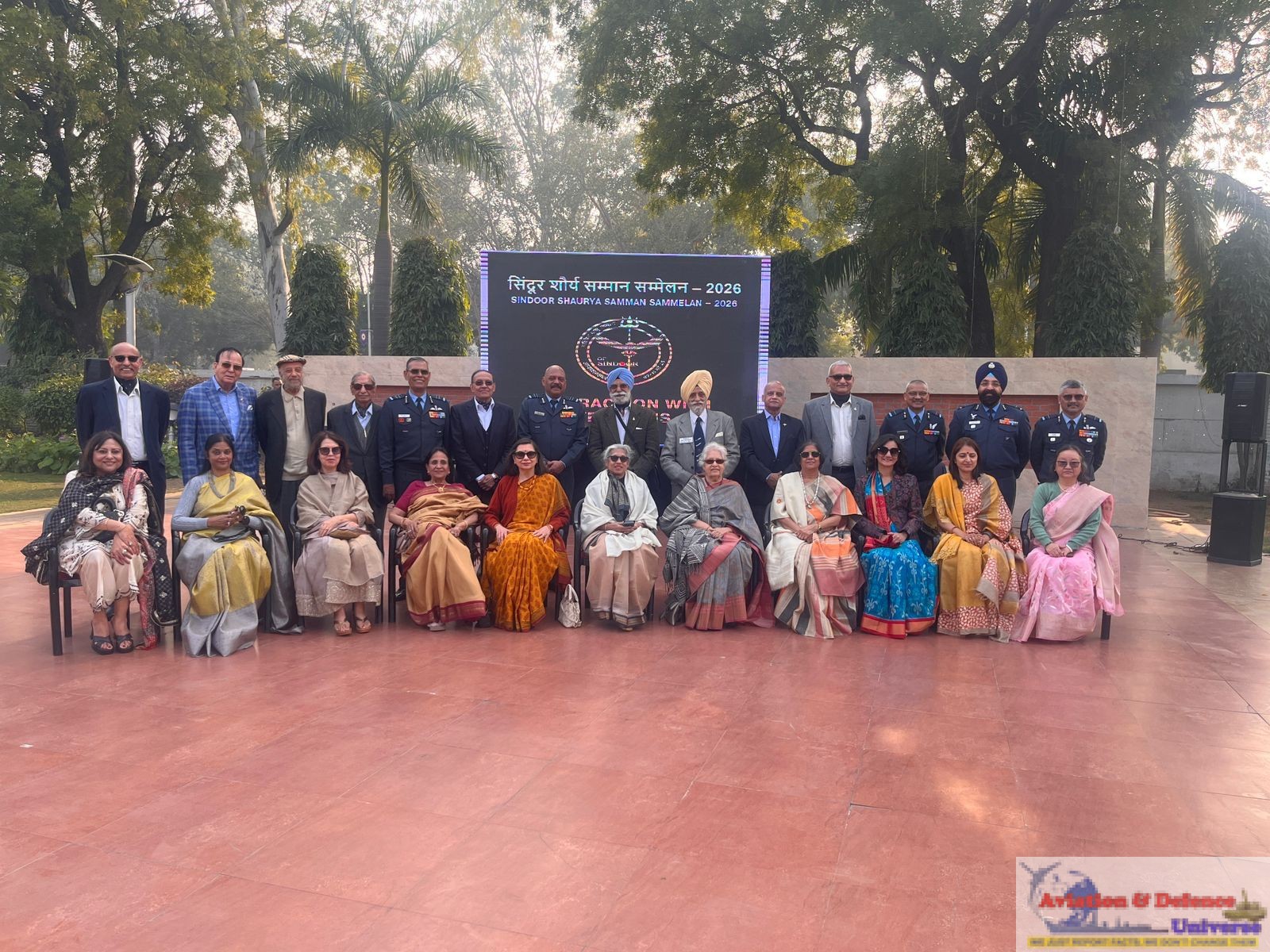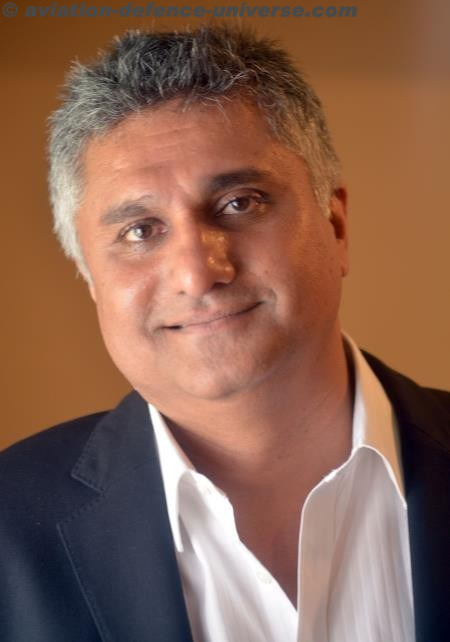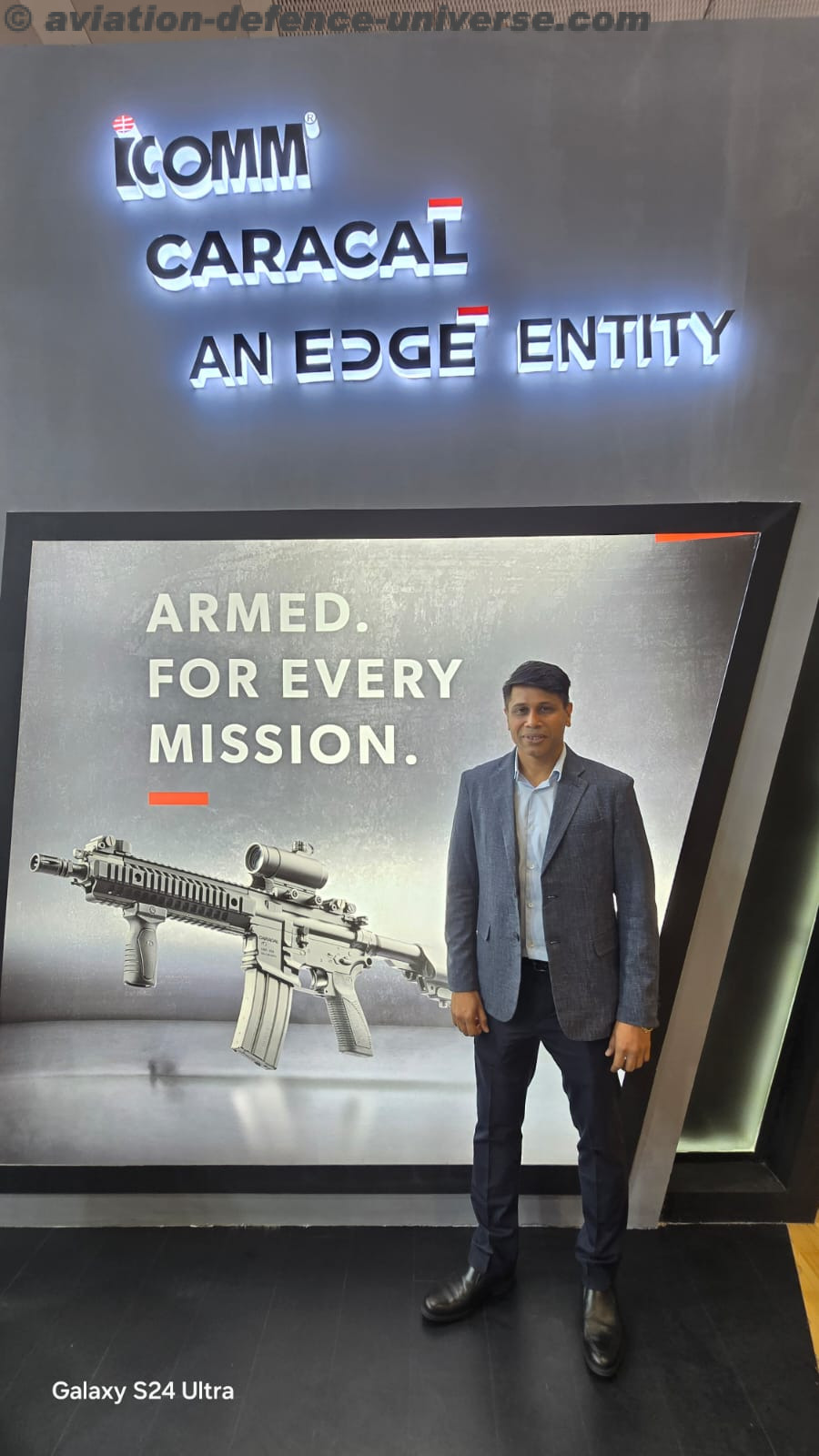
- When Indian hands meet global vision, the world gets a new arsenal of excellence
- From carbines to combat systems – a partnership that’s thinking beyond tomorrow
By Sangeeta Saxena
New Delhi. 26 April 2025. The strategic partnership between ICOMM and Caracal represents a major step forward in India’s defence manufacturing landscape. Bringing together Caracal’s global expertise in small arms and ICOMM’s deep-rooted presence in indigenous defence technology, the collaboration aims to deliver a complete range of pistols, carbines, submachine guns, assault rifles, and sniper systems tailored for Indian operational requirements. By setting up manufacturing in India, the alliance is not only targeting domestic procurement but is also poised to make India a hub for small arms exports to global markets.
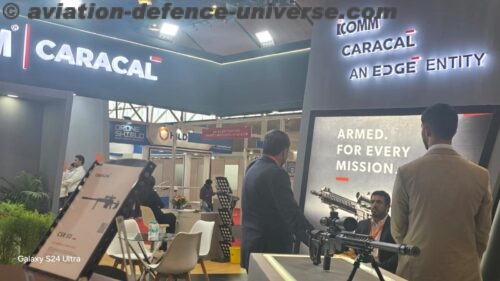
At Milipol India, ICOMM and Caracal showcased their formidable partnership in the small arms domain, offering a robust, Made-in-India portfolio for India’s defence forces. In an exclusive interaction, Anirudh Singh Meena, BGM – Defence Projects at ICOMM, spoke to ADU about their offerings, Make in India journey, major tenders, future plans, and how they are poised to become a key player in both the domestic and global small arms market.
ADU. We are meeting here at Milipol where ICOMM is participating with Caracal. What are you showcasing here?
Anirudh Singh Meena. Thank you very much, ma’am, for giving this opportunity. My name is Anirudh Singh and I am BGM Defence Projects with ICOMM. Here, we are showcasing the entire range of small arms — from pistols, carbines, SMGs (9×19 mm), to a full range of sniper rifles including the Caracal Sniper Rifle 338, 308, and 12.77 calibres. We have covered all categories. sniper rifles, assault rifles, carbines, SMGs, and pistols.
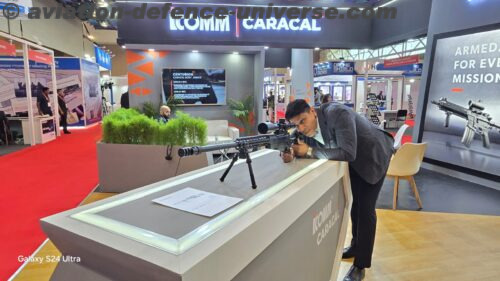
Anirudh Singh Meena. Very positive. We are currently participating in one of the biggest tenders in Indian Army history for the 5.56×45 mm Close Quarter Battle Carbines. We are fully compliant under ICOMM-Caracal. Over 60% of our weapon components are indigenized, and for sniper rifles, more than 75%. Not only are we fulfilling Make in India, but we are also exporting components to the UAE and beyond.
ADU. Are you also participating in other tenders?
Anirudh Singh Meena. Yes. We are part of the NSG tender for 30 sniper rifles (.338) and have qualified. We have also qualified in CRPF’s tender for the same category (.338 bolt action sniper rifle) recently. Our weapons have cleared both user trials and DGQA environmental and ruggedness tests.
ADU. What about the Indian Army and the other services?
Anirudh Singh Meena. For the tri-services, the Indian Army is the nodal agency for the carbine tender involving 4,25,213 units. These weapons will be distributed among all three services — Army, Navy, and Air Force. The commercial bid opening is expected in May.

Anirudh Singh Meena. I call them competitors, not rivals — competing with the best improves you. The compliant participants include ICOMM-Caracal, PLR-IWI, Jindal-Taurus, Kanpur Ordnance Factory, and Beretta.
ADU. Caracal has a strong global presence. Once you get the contract, how will manufacturing work?
Anirudh Singh Meena. Our factory is already operational, inaugurated earlier. We will manufacture components, assemble, conduct functional testing, and deliver products to the end user. Our supply chain, already ratified by ordnance factories and global agencies, will also support exports to Caracal’s global markets.
ADU. That opens up big export potential too.
Anirudh Singh Meena. Absolutely. We are already supplying components to global markets including Europe, the US, and the Gulf.
ADU. Are you showcasing any ICOMM products separately here?
Anirudh Singh Meena. No, this pavilion is entirely dedicated to Caracal’s small arms. ICOMM’s communications products, which you are familiar with, are not on display this time.
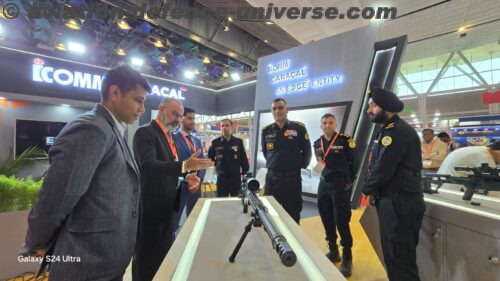
Anirudh Singh Meena. We are providing one of the finest weapon systems. We are hopeful that soon, Indian forces will be equipped with Caracal weapons, fully supported by ICOMM’s Make in India capability. We are committed to delivering the best technology for our soldiers.
With a strong Make in India commitment, advanced technological capabilities, and a growing global footprint, the ICOMM-Caracal partnership is set to revolutionize India’s small arms manufacturing landscape. Backed by indigenous production, rigorous qualifications, and a robust export potential, they are well-positioned to empower India’s defence forces with world-class weaponry.
In addition to supplying weapon systems to India’s armed forces, paramilitary units, and state police forces, the tie-up is designed to establish a comprehensive supply chain ecosystem in India. Components manufactured here are already being exported to Caracal’s global operations in Europe, the US, and the Middle East, underlining the potential of India as an emerging global small arms production hub. With a fully operational facility inaugurated earlier, ICOMM and Caracal are ready to deliver not just products but complete lifecycle support including maintenance, upgrades, and customization based on user feedback.
The ICOMM-Caracal collaboration brings to the Indian market not just cutting-edge weaponry but a shared philosophy of continuous technological evolution. By combining Caracal’s proven designs with ICOMM’s manufacturing agility, the partnership aims to offer the Indian forces battle-proven, reliable, and rugged systems that can perform across the country’s diverse operational environments — from deserts to mountains to urban warfare theatres.
As told to Sangeeta Saxena








